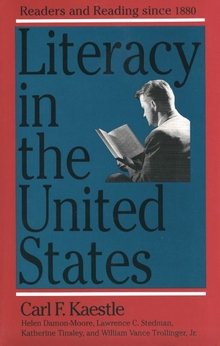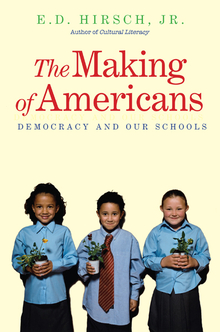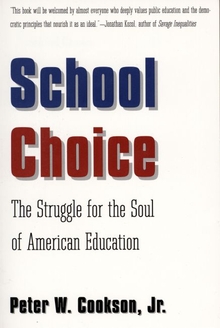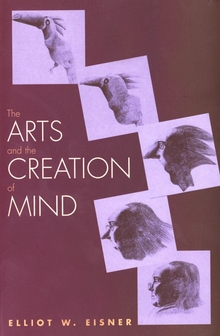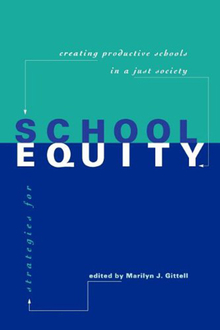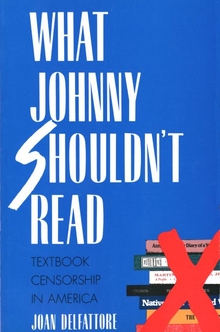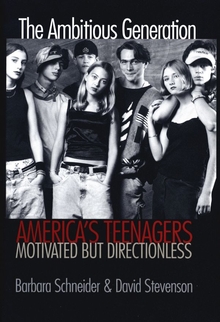Literacy in the United States
WARNING
You are viewing an older version of the Yalebooks website. Please visit out new website with more updated information and a better user experience: https://www.yalebooks.com
Readers and Reading Since 1880
Carl F. Kaestle, Helen Damon-Moore, Lawrence C. Stedman, and Katherine Tinsley
The United States is at a crucial moment in the history of literacy, a time when how well Americans read is the subject of newspaper headlines. In this insightful book, Carl F. Kaestle and his colleagues shed new light on this issue, providing a social history of literacy in America that broadens the definition of literacy and considers who was reading what, under what circumstances, and for what purposes.
The book explores diverse sources—from tests of reading ability, government surveys, and polls to nineteenth-century autobiographies and family budget studies—in order to assess trends in Americans’ reading abilities and reading habits. It investigates such topics as the relation of literacy to gender, race, ethnicity, and income; the magnitude, causes, and policy implications of the decline in test scores in the early 1970s; the reasons women’s magazines have been more successful than magazines for men; and whether print technology has fostered cultural diversity or consolidation. It concludes that there has been an immense expansion of literacy in America over the past century, against which the modest skill declines of the 1970s pale by comparison. There has also been tremendous growth in the availability, purchase, and use of printed materials. In recent decades, however, literacy has leveled and even declined in some areas of reading, as shown in the downward trends in purchases of newspapers and magazines. Since Americans are now being lured away from the print media by electronic media, say the authors, current worries about Americans’ literacy levels may well be justified.
Publication Date: January 27, 1993

